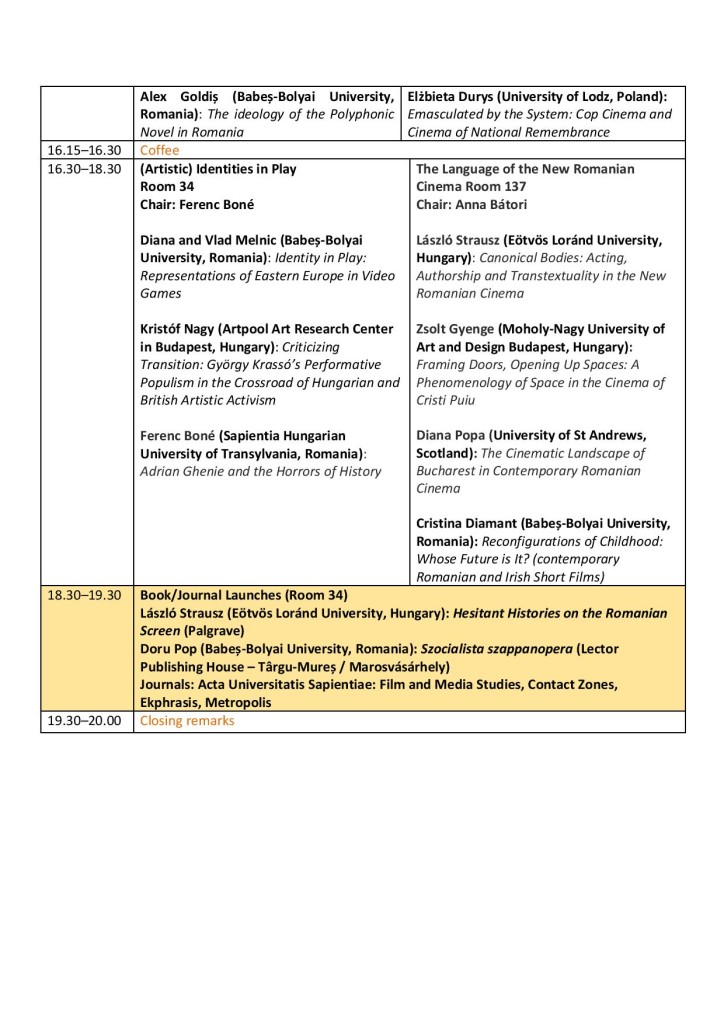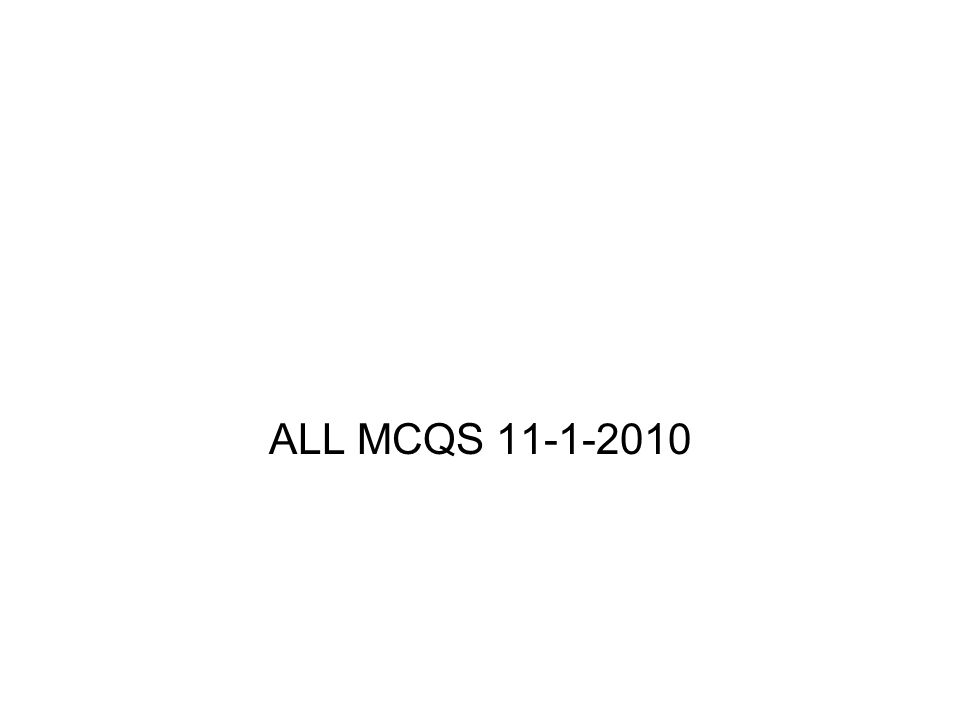Free gaia hypothesis Essays and Papers - 123HelpMe.
View Gaia hypothesis Research Papers on Academia.edu for free.This paper investigates the impact of ideas published within the Gaia theory (as set out by James Lovelock in 1979), on the study of Ecology and Evolutionary Theory. Developments within both disciplines have been influenced, and shaped by the Gaia theory and the paper discusses these. The development of the Daisyworld model, which highlighted for ecologists the importance of interactions.The Gaia hypothesis has evolved over time, generating further research to test its robustness and advance the notion of a holistic ES. For example, “When introduced, this (Gaia) hypothesis was contrary to conventional wisdom that life adapted to planetary conditions as it and they evolved in their separate ways. We now know that the hypothesis as originally stated was wrong because it is not.
Gaia hypothesis, model of the Earth in which its living and nonliving parts are viewed as a complex interacting system that can be thought of as a single organism. Developed c. 1972 largely by British chemist James E. Lovelock and U.S. biologist Lynn Margulis, the Gaia hypothesis is named for the Greek Earth goddess. It postulates that all living things have a regulatory effect on the Earth.This Gaia Hypothesis Essay example is published for educational and informational purposes only. If you need a custom essay or research paper on this topic, please use our writing services.EssayEmpire.com offers reliable custom essay writing services that can help you to receive high grades and impress your professors with the quality of each essay or research paper you hand in.

The Gaia hypothesis has far-reaching implications for environmental ethics but, due to its complexity, the number of contradictory and mutually exclusive Gaia interpretations continues to increase. The Gaia hypothesis diminishes the role of humans in regulating the environment and does not create a balanced view of the planet, where humans and the rest of the biosphere could successfully coexist.












